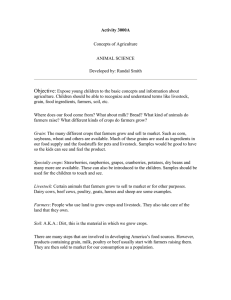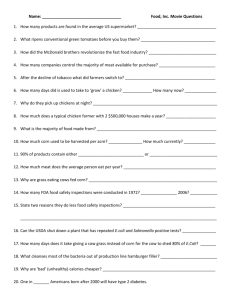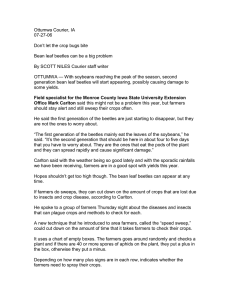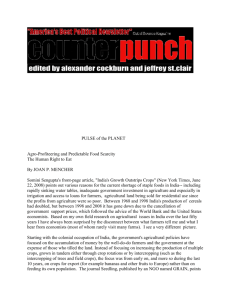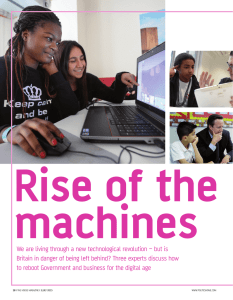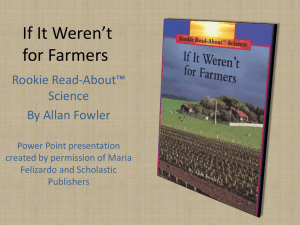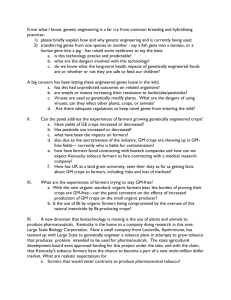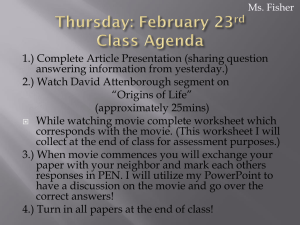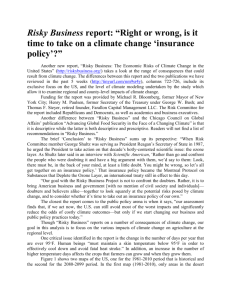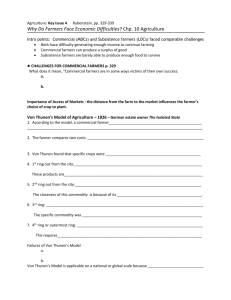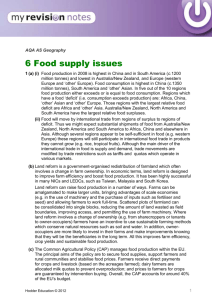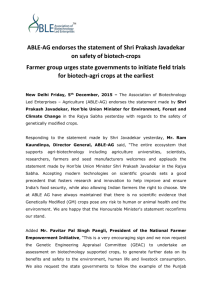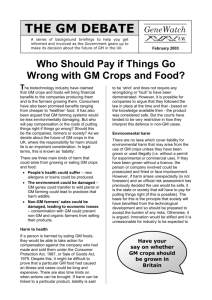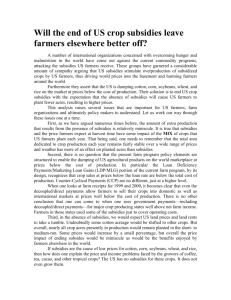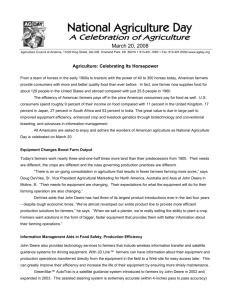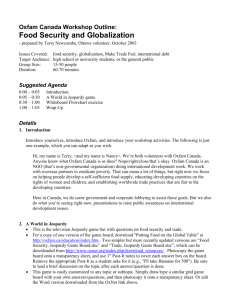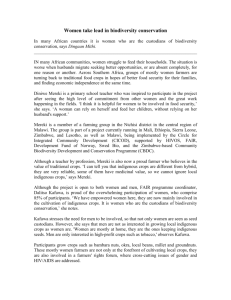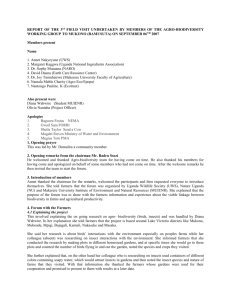Exam #1 Law and Economics (EC457/657) Fall Semester 2014
advertisement
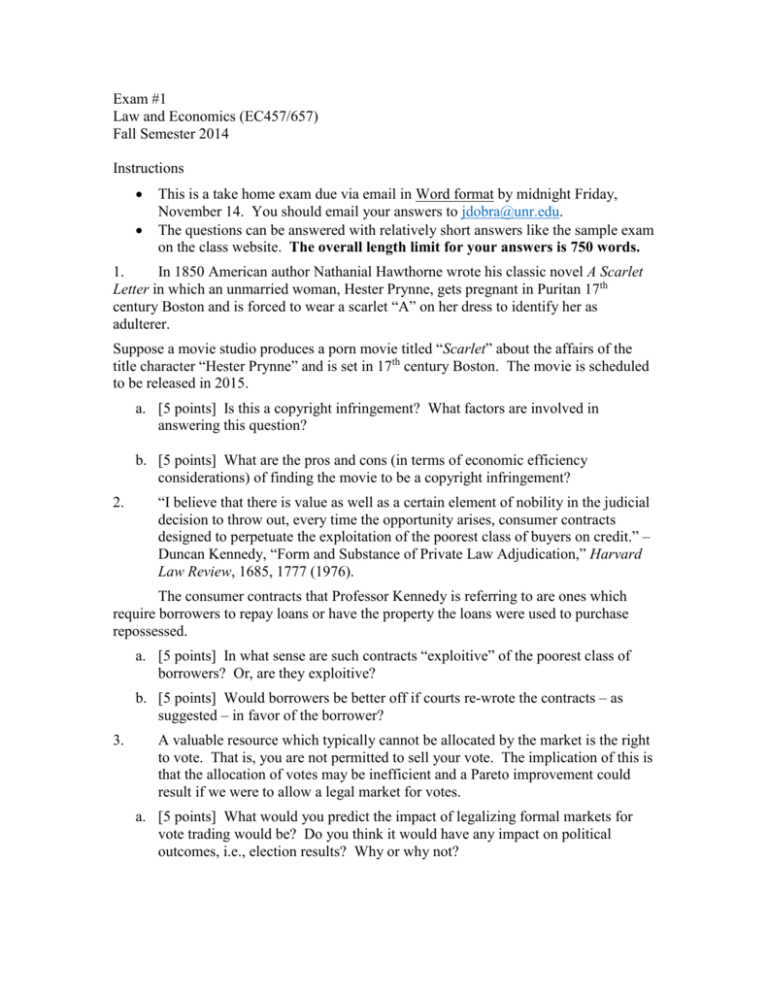
Exam #1 Law and Economics (EC457/657) Fall Semester 2014 Instructions This is a take home exam due via email in Word format by midnight Friday, November 14. You should email your answers to jdobra@unr.edu. The questions can be answered with relatively short answers like the sample exam on the class website. The overall length limit for your answers is 750 words. 1. In 1850 American author Nathanial Hawthorne wrote his classic novel A Scarlet Letter in which an unmarried woman, Hester Prynne, gets pregnant in Puritan 17th century Boston and is forced to wear a scarlet “A” on her dress to identify her as adulterer. Suppose a movie studio produces a porn movie titled “Scarlet” about the affairs of the title character “Hester Prynne” and is set in 17th century Boston. The movie is scheduled to be released in 2015. a. [5 points] Is this a copyright infringement? What factors are involved in answering this question? b. [5 points] What are the pros and cons (in terms of economic efficiency considerations) of finding the movie to be a copyright infringement? 2. “I believe that there is value as well as a certain element of nobility in the judicial decision to throw out, every time the opportunity arises, consumer contracts designed to perpetuate the exploitation of the poorest class of buyers on credit.” – Duncan Kennedy, “Form and Substance of Private Law Adjudication,” Harvard Law Review, 1685, 1777 (1976). The consumer contracts that Professor Kennedy is referring to are ones which require borrowers to repay loans or have the property the loans were used to purchase repossessed. a. [5 points] In what sense are such contracts “exploitive” of the poorest class of borrowers? Or, are they exploitive? b. [5 points] Would borrowers be better off if courts re-wrote the contracts – as suggested – in favor of the borrower? 3. A valuable resource which typically cannot be allocated by the market is the right to vote. That is, you are not permitted to sell your vote. The implication of this is that the allocation of votes may be inefficient and a Pareto improvement could result if we were to allow a legal market for votes. a. [5 points] What would you predict the impact of legalizing formal markets for vote trading would be? Do you think it would have any impact on political outcomes, i.e., election results? Why or why not? b. [5 points] Is it bothersome that there is a wide disparity in income and wealth among participants in this potential market. If so, why is it any more bothersome in this market than any other? If not, why not? 4. In a July 23, 2007 exposé, the Washington Post ran an article headlined "Deceased Farmers Got USDA Payments." Many of those payments, of course, effectively pay farmers not to grow crops. Ilya Somin, a professor of law and economics at George Mason University School of Law, dissented in a blog post from the "predictable outrage" that greeted the exposé, arguing that it is, in fact, more economically efficient to pay dead farmers not to grow crops than it is to pay live farmers not to grow crops. In his explanation, Prof. Somin gave five reasons why it is better to pay dead farmers not to grow crops than live farmers. You get 5 points for each reason that you can come up with. (Limit of 5.)
